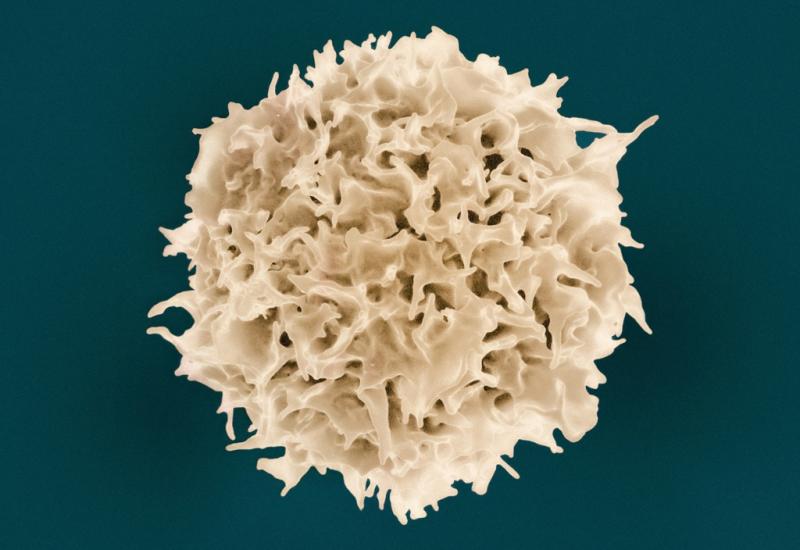
Novartis trips over the Hippo
The company discontinues its Yap/TEAD inhibitor IAG933 owing to lack of tolerability and efficacy.
The company discontinues its Yap/TEAD inhibitor IAG933 owing to lack of tolerability and efficacy.

Novartis has joined the group of companies with a failed TEAD inhibitor, after quietly discontinuing development of IAG933.
The asset disappeared from Novartis’s pipeline in its third-quarter earnings presentation, and a company spokesperson confirmed to ApexOnco that it had halted enrolment into a phase 1 trial. The spokesperson added that the decision “wasn't caused by any safety concerns, and was based on the project's tolerability and antitumour activity”.
The first human data with IAG933 were recently reported at ESMO from a phase 1 study, which tested various dosing strategies in heavily pretreated mesothelioma and other solid tumours. Although the project was described as “well tolerated”, there were dose-limiting toxicities in five patients: four of QTc prolongation, and one of grade 2 proteinuria.
This was in the context of underwhelming efficacy. Across all tumour types, among 37 patients with six months or more of follow-up there were seven confirmed responses, giving an ORR of 19%. Among 30 pleural mesothelioma patients receiving 300mg or 400mg IAG933 continuously daily there were four confirmed responses, giving an ORR of 13%.
Additionally, two of those responders required dose reductions from 400mg to 300mg owing to QTc prolongation.
The move places Novartis alongside Ikena Oncology, which also shelved its TEAD inhibitor IK-930 last year after failing to report any responses in its clinical trial. Vivace Therapeutics continues to be the company with the most advanced asset in the field, with the pan-TEAD inhibitor VT3989.
That company presented updated results from a phase 1/2 solid tumour study at ESMO, and showed that after optimising dosing the asset achieved a 32% ORR in 22 mesothelioma patients.
Vivace is preparing to start a registrational phase 3 trial in mesothelioma in the first half of 2026, although VT3989 has been linked with proteinuria and liver enzyme elevations.
Meanwhile, according to OncologyPipeline other companies active in the Hippo/Yap/TEAD field include Orion, BridGene Biosciences, Insilico Medicine and Merck KGaA, all of which have yet to report clinical results with their candidates.
3040













